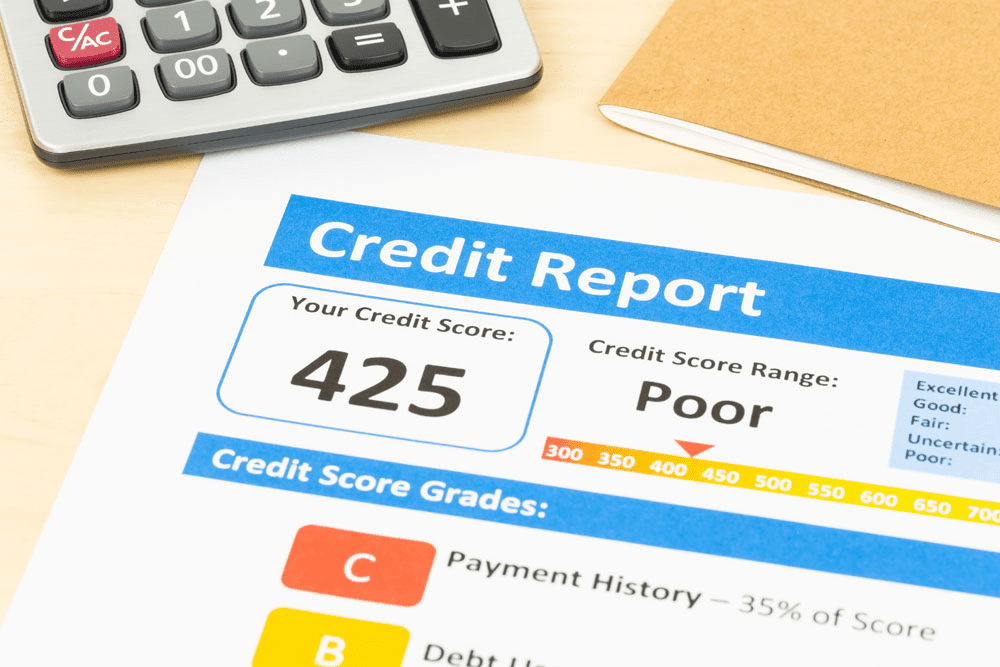The higher the score, the bigger are the chances of getting hassle-free loans
With the three-digit score, lenders decide whether to grant you a loan or not. It has now become an essential factor in your financial life. The higher the score, the bigger are the chances of getting hassle-free loans. However, if your credit history is not good and you want to improve it to have a good credit score, you can do it, but you should understand that it takes time.
Also, the sooner you resolve your issue, the faster your credit score will rise. Here are some tips that can help you increase your credit score in order to get hassle-free loans.
Pay off the high debt amount
You must try keeping your credit utilization ratio (CUR) below 30%. The CUR is the amount of credit you have taken divided by the total revolving credit available. You can be in a much healthier position if the ratio is kept around 10% in normalcy, say industry experts.
Also, the sooner you resolve your issue, the faster your credit score will rise. Here are some tips that can help you increase your credit score in order to get hassle-free loans.
Pay off the high debt amount
You must try keeping your credit utilization ratio (CUR) below 30%. The CUR is the amount of credit you have taken divided by the total revolving credit available. You can be in a much healthier position if the ratio is kept around 10% in normalcy, say industry experts.
Radhika Binani, chief product officer, Paisabazaar.com, said, “Ideally, if your credit score is low, you should work towards improving your score, by reducing your overall debt rather than increasing it by getting new credit.”
Avoid making late payments
To be on the right track, always set alerts related to loan repayments and credit card repayments. Make sure you pay the bill amount before the due date arrives. The credit bureau tracks the behaviour of your payments made every month and decides the critical factor in calculating the score. The scores are evaluated based on a track record of all your loan and credit card payments. If you start paying your dues on time, your credit score will begin gearing up. This way, you will likely see an improvement in your overall credit score soon.
Pay credit card dues in full
Ideally, it will help if you pay the entire due amount within the credit card billing cycle. This way, your bill will not attract any interest fee on your due payments in consecutive months if you do so. However, if you don’t have enough money to make total payments, then at least pay more than the minimum payment due amount. If you pay a low amount, the minimum due, your outstanding amount will attract high interest fees, which the lender charges every month. And, in turn, this small amount will attract rolling over interest and make your due payment bigger and bigger every month, which can affect your credit score.
Do not take too many loans and credit cards
At times, to repay a loan or when you need a big sum of money, you start taking too many loans or credit cards. Adhil Shetty, CEO, Bankbazaar.com, said, “Opening several new credit accounts in a short period can signify greater risk, especially for borrowers with a short credit history. Each time you apply for a loan or credit card, the bank queries your credit history. Such frequent requests give the impression of being credit-hungry and can bring down your score. For the same reason, it is not good to apply to multiple lenders and then choose the one that offers you a loan or credit card.”

